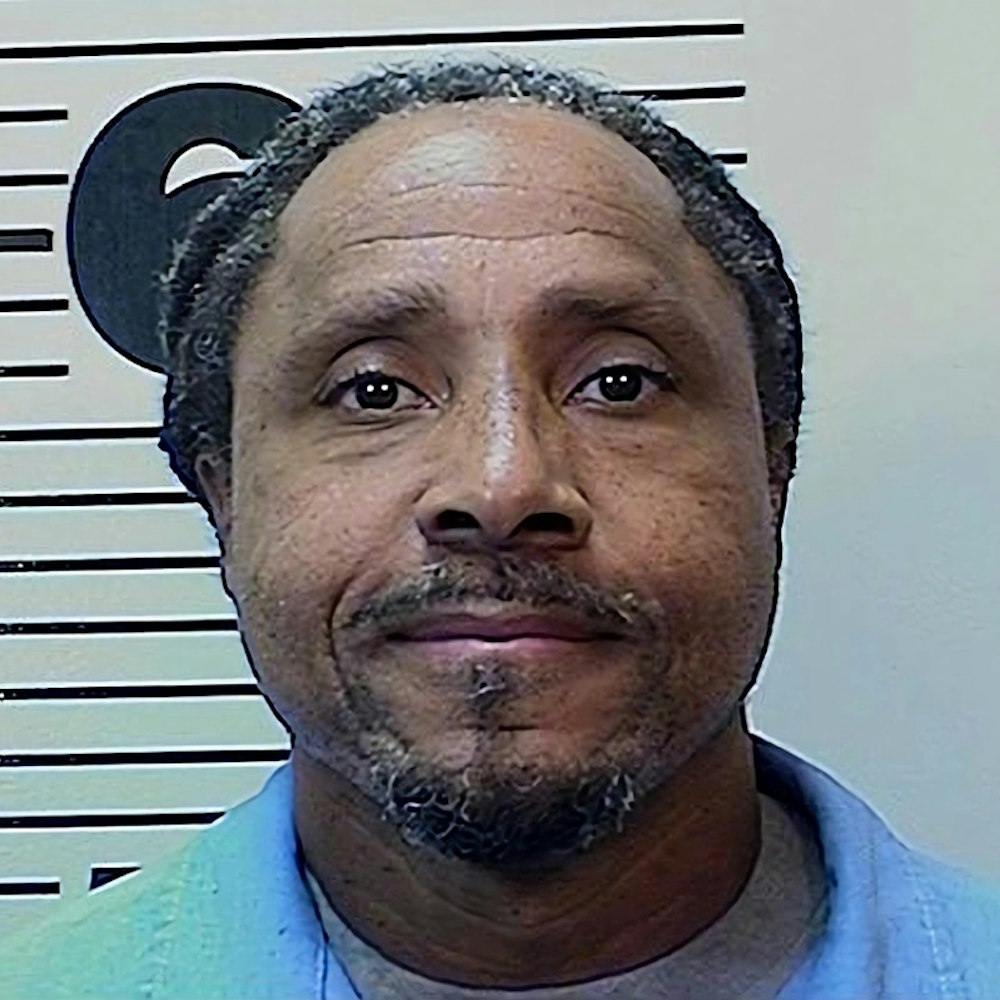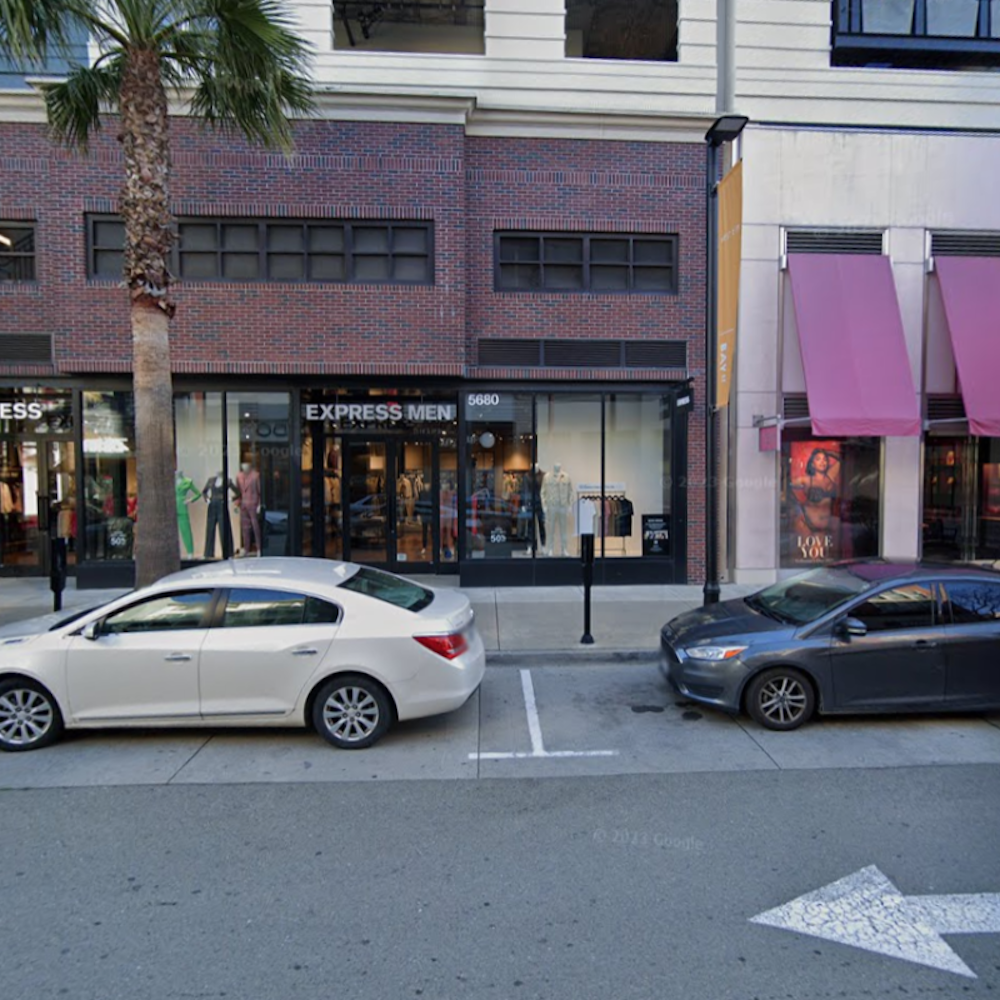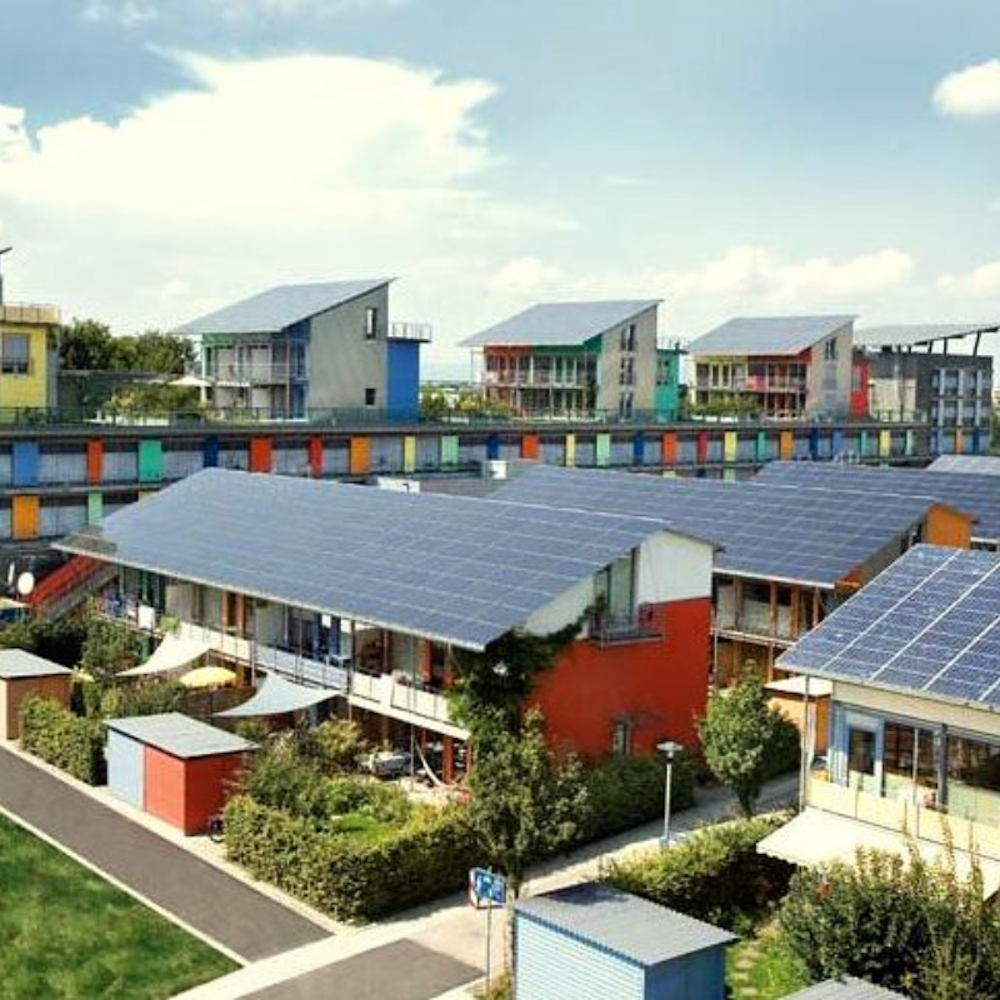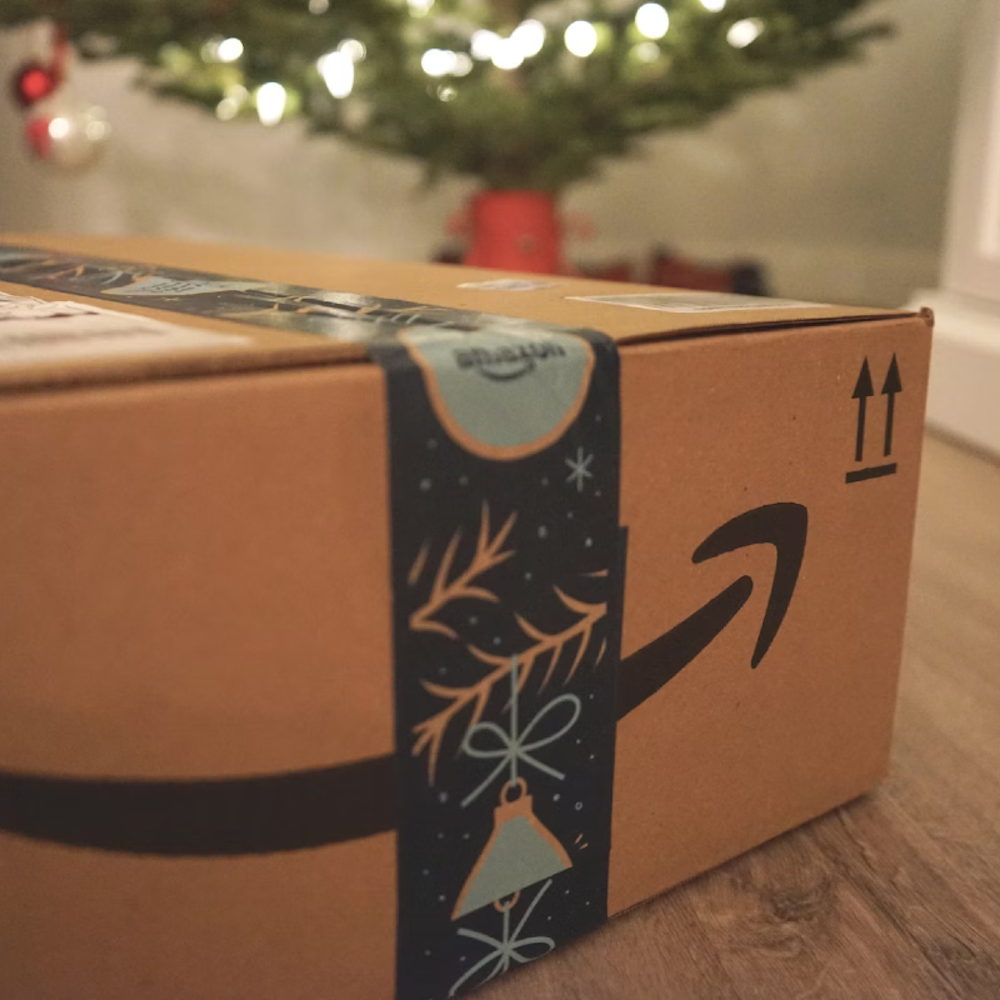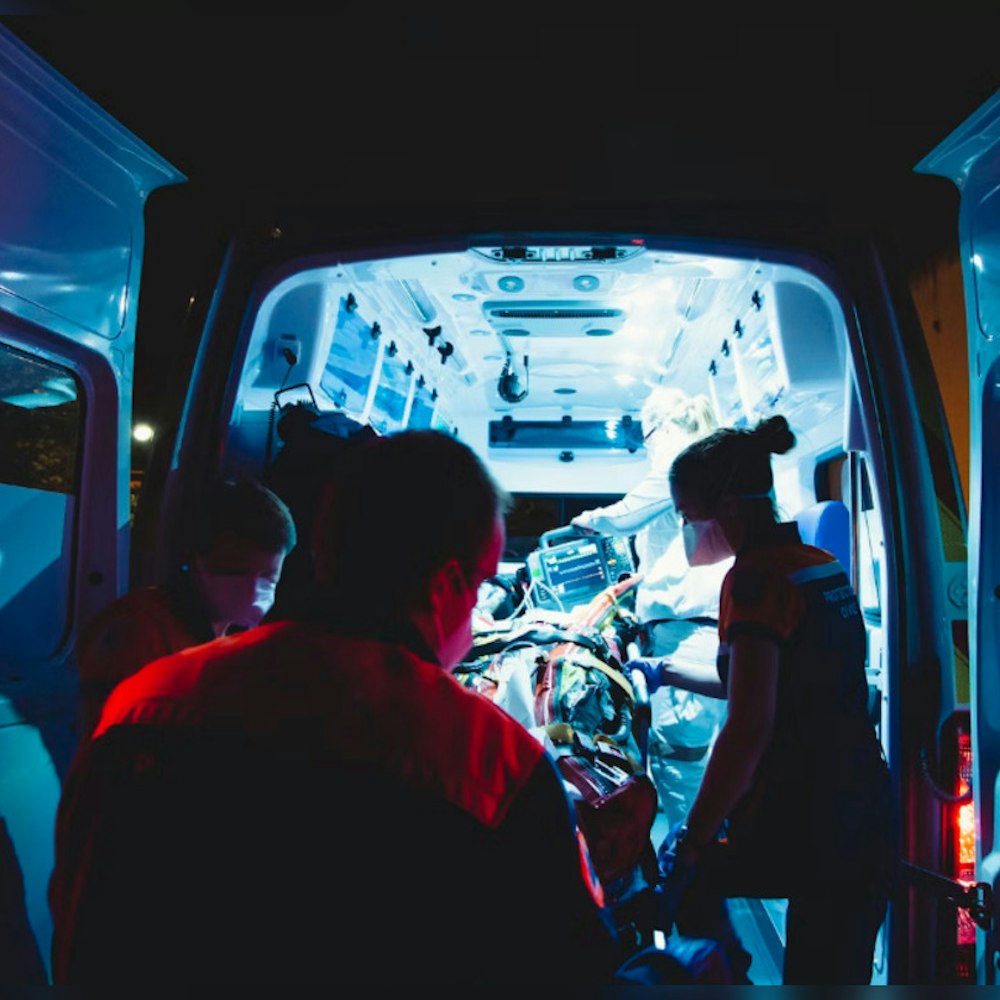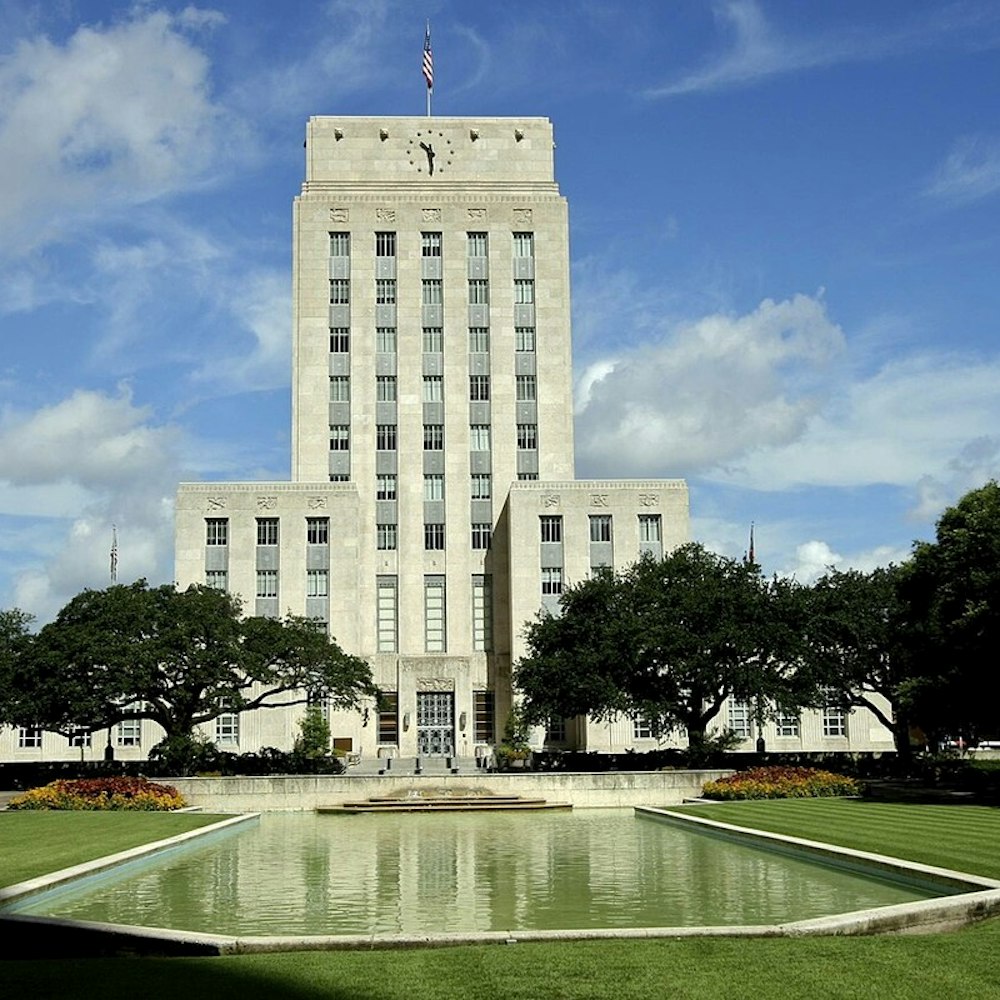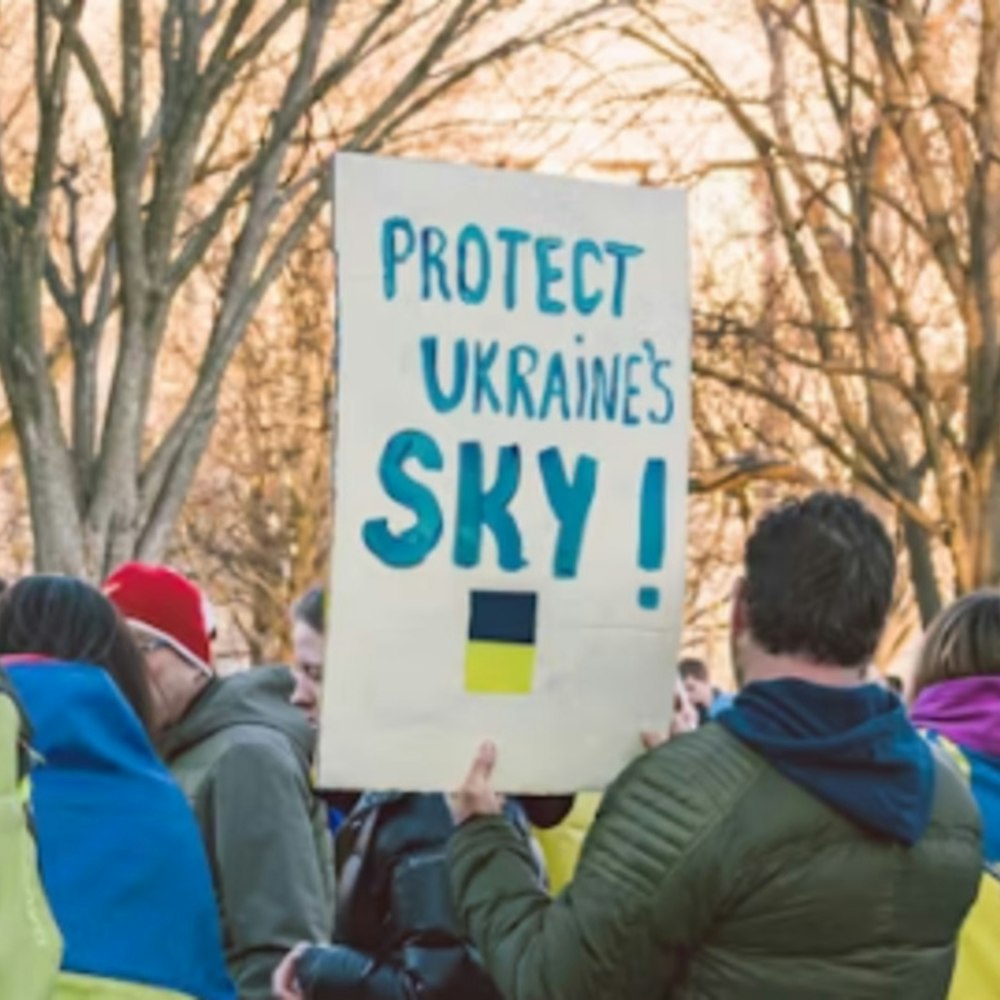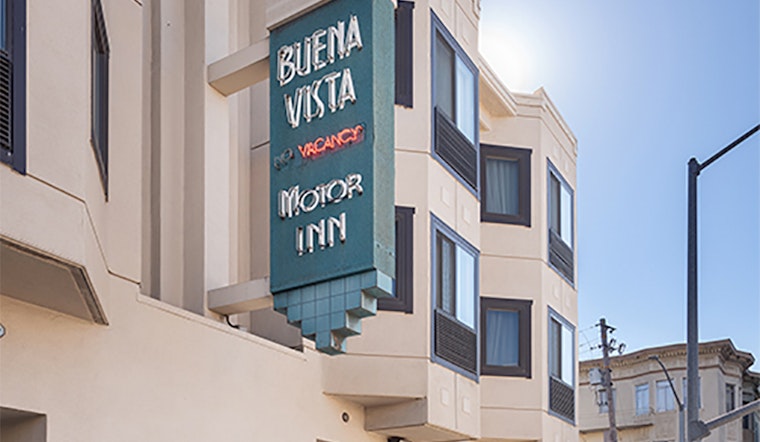
Marina residents who live near the Buena Vista Motor Inn (1599 Lombard St.) say that break-ins, attempted break-ins, and two reports of gunshots in recent months have them on edge — and they connect this apparent uptick in crime to the motel being used to shelter homeless individuals during the pandemic.
The city and the owners of hotels that are part of the program, known as the COVID-19 Alternative Housing Program, have kept the names and addresses of the hotels confidential since the program began in April. According to city records, there are currently 2,402 individuals being housed in around 2,000 rooms in 28 hotels across the city. And as we learned last month, starting in late November, the city will begin a seven-month phase-out of the program, moving individuals into more permanent housing, offering them bus tickets out of town, or potentially putting them back on the street — with June 2021 being the planned end for program.
KPIX confirmed this week that the Buena Vista Motor Inn was one of the hotels in the program, and some neighbors have been complaining that police calls and general bad behavior — including alleged intruders in nearby buildings — have been an unwanted side effect. No actual burglaries appear to have happened as part of these reports.
"It’s just a safety issue. It’s not about judgment, it’s about safety," says Marina resident Donna Aldrich, speaking to KPIX. "My building has had three intruders that we know of. There was someone, we don’t know how he got in, maybe a fire escape, maybe the roof but he was going up and down the back stairs trying the back doors of all the units and stuck his head in an open door, up at the top."
Russell Rosener, who works at the Buena Vista, tells the station that there haven't been many problems at all, and he's seen people arrive "in crisis" and "over time as they’ve stayed at our sites, they’ve gotten better and better."
The city's Department of Homelessness and Supportive Housing, which manages the COVID-19 Alternative Housing Program, won't disclose any problems that have been reported at any of the hotel sites, and won't confirm or deny that there have been some.
In a statement to KPIX, Abigail Stewart-Kahn, the department's interim director, said, "Thousands of vulnerable people have been able to stay safely in place, which helped them tremendously and helped San Francisco in its remarkable efforts to contain the virus."
But KPIX says it spoke to residents near three other hotels in the program who claim similar upticks in crime or bad behavior, including "open-air drug use" and "sexual acts being performed during the day."
To date, no major crimes have been reported at any of the hotel sites that Hoodline knows of since the program began in April. But the KPIX story highlights a common theme in the city's homeless crisis — San Franciscans tend to express a desire get the homeless sheltered and housed and off of their sidewalks, but it's typically an "anywhere but here" and "not in my neighborhood" attitude when that housing is finally secured.
A plan to build a 200-bed Navigation Center with a two-year lifespan on Port of SF property along the Embarcadero sparked a months-long legal effort by wealthy residents in the area to stop it last year. That Navigation Center ultimately opened last December.
